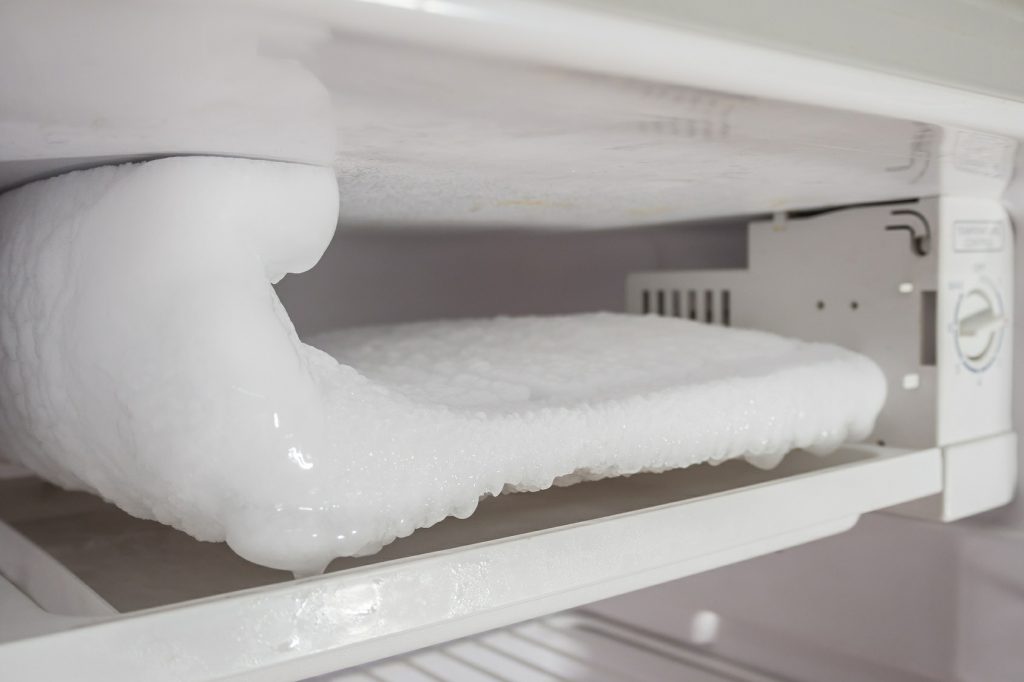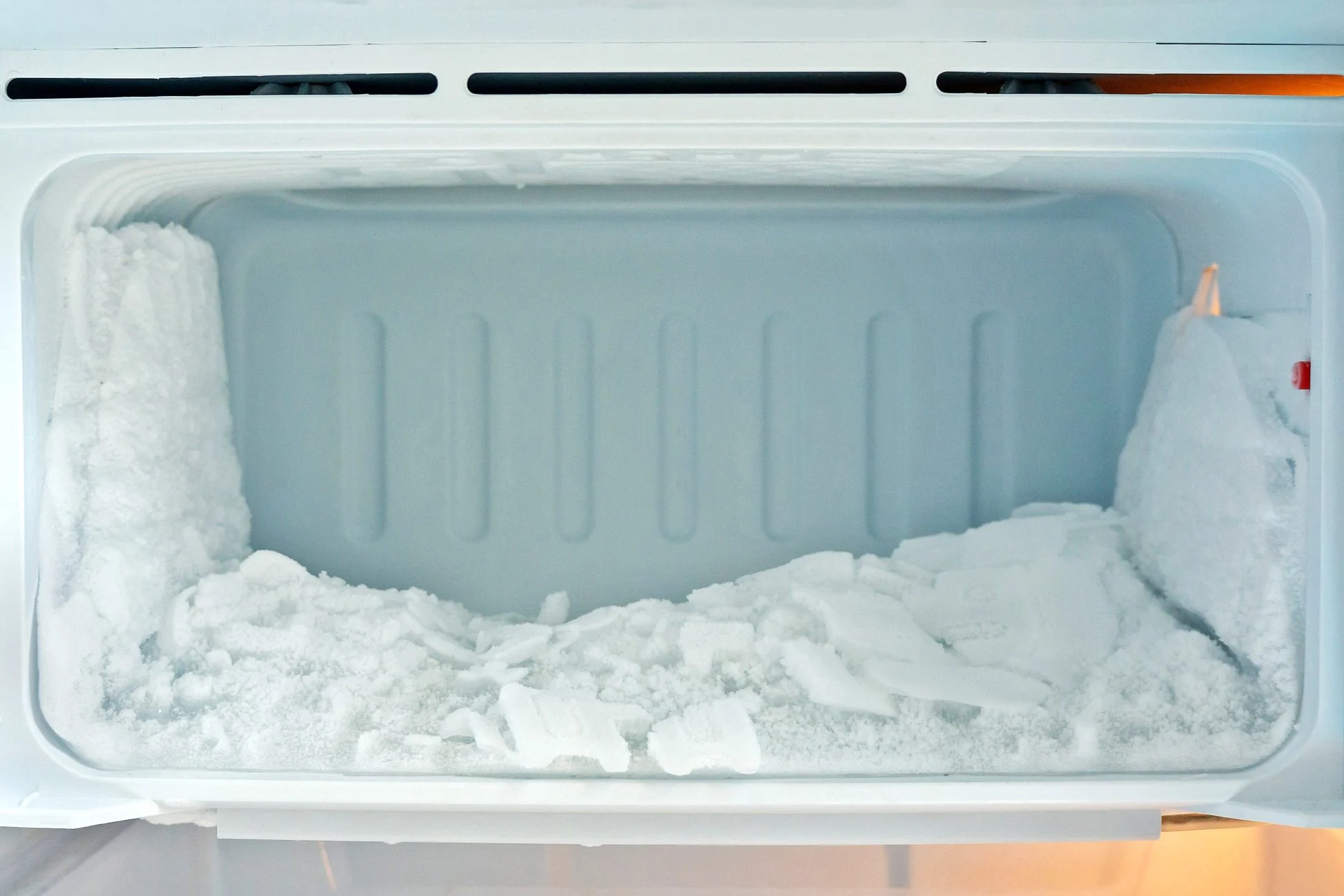Welcome to another insightful post on TheKitchenApplianceDad.com! Today, we’re tackling a common household annoyance: frost buildup in your freezer. Not only does this frost take up valuable space, but it can also reduce the efficiency of your freezer, increase your energy costs, and affect the taste and texture of your frozen foods. In this post, we’re going to dive into why frost accumulates and provide you with effective strategies to prevent it.
What Causes Frost in Your Freezer?
Frost builds up in your freezer primarily due to the introduction of moist air into the unit. When this humid air comes in contact with the cold surfaces inside the freezer, the moisture in the air condenses and freezes, forming ice on the walls and components of the freezer.
Several factors contribute to this:

It’s essential to keep your freezer at the optimal temperature of 0°F (-18°C). This temperature is sufficient to freeze food while minimizing the risk of frost buildup. Avoid setting your freezer too low, as colder settings can unnecessarily increase frost accumulation and energy usage.
The door seal, or gasket, plays a crucial role in keeping the cold air in and the warm air out. Over time, seals can wear out or become damaged, leading to air leaks. Inspect the seals regularly for any signs of wear or gaps. Clean them with a mild detergent and replace them if necessary to ensure a tight seal.
An organized freezer promotes better air circulation and efficiency. Avoid overpacking your freezer; this not only makes it difficult to find items but also restricts air movement, leading to cold spots and potential frost buildup. Use baskets and dividers to keep items neatly arranged and ensure that air can circulate freely.
Always cool hot foods to room temperature before placing them in the freezer. Warm or hot foods can increase the internal temperature, causing the freezer to work harder and leading to more frost. Additionally, use airtight containers or freezer bags to store your food. Removing as much air as possible from these containers helps reduce moisture that can contribute to frost.
Manual defrost freezers should be defrosted regularly, at least once a year or whenever the ice buildup reaches about a quarter-inch (about 6 millimeters) thick. To defrost, turn off the freezer, remove all items, and let the ice melt. Speed up the process with a fan, but avoid using sharp objects or heat guns as they can damage the freezer’s interior.
For those with frost-free models, while these should not require manual defrosting, it’s still a good idea to power off and clean them occasionally to ensure they operate at peak efficiency.
Ensure that your freezer is not placed near heat sources such as ovens, dishwashers, or direct sunlight, as these can contribute to external heat and, consequently, internal frost. Also, check that your freezer has enough space around it, typically at least a couple of inches on each side, to allow for adequate air circulation and heat dispersion.
To ensure that your freezer runs efficiently and remains free from frost buildup, consider the following strategies:
By implementing these strategies, you can significantly reduce the frost buildup in your freezer, enhancing its efficiency and prolonging its lifespan. Remember, a little maintenance goes a long way in ensuring the longevity and effectiveness of your kitchen appliances. Stay tuned to TheKitchenApplianceDad.com for more tips and tricks on keeping your kitchen running smoothly!

